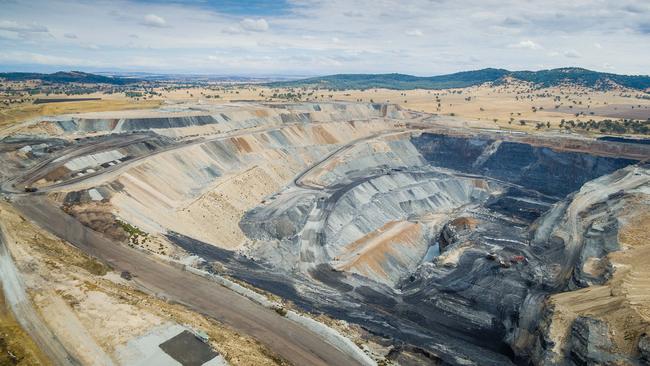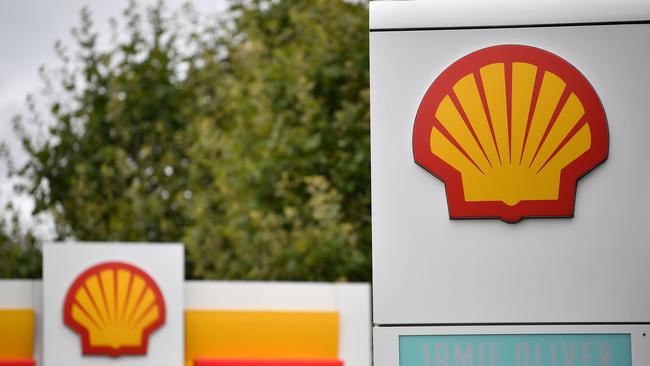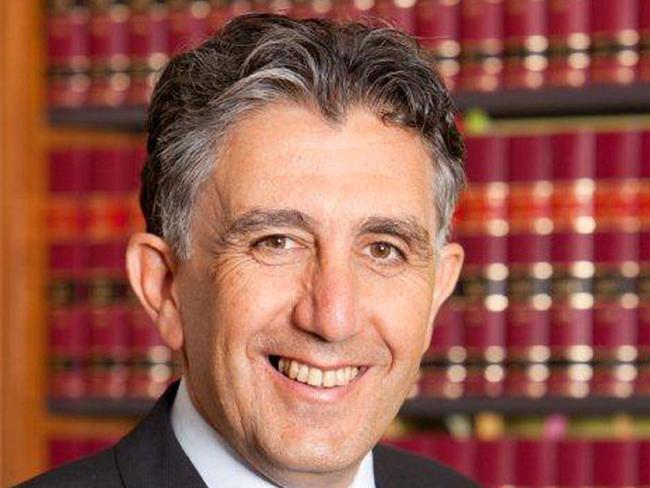How to protect emitters’ revenue from climate push


On the front line of the court determinations are Australia’s gas, oil, coal, iron ore, motor and aviation industries----the heart of the nation.
Given a huge chunk of Australia’s revenue is now under threat, urgent action is required by the parliament.
Later in the commentary, with the help of the Energy Policy Institute of Australia, I will set out possible measures to protect our revenue base at a time when we have borrowed to the hilt.
Last May a Dutch court gave the Netherlands-based Royal Dutch Shell Group (Shell) just nine years (until 2030) to reduce its own greenhouse gas emissions, plus those of its suppliers and global customers, by 45 per cent. Based on 2020 revenues Shell is the fifth largest company in the world so its impacted global customer base is immense. Shell’s customer emissions cover about 85 per cent of its total emissions. The Shell decision did not rely on any Dutch law but on Holland’s system of civil law, including the common tort law which imposes a duty of care.
Most legal systems around the world, whether they are civil law or common law systems, impose and enforce a duty of care. Shell has announced that it will appeal the decision but an appeal may take two or three years.

Only a few days after the Shell decision was handed down, Federal Court Justice Mordecai Bromberg declared that Commonwealth Environment Minister Sussan Ley has a duty to take reasonable care to avoid causing harm to children from facilitating the release of carbon emissions when considering an application for a coal mine expansion.
A group of teenagers, led by a Catholic Nun, secured the “Mordecai Bromberg” declaration in relation to whether or not the minister should approve Whitehaven Coal’s Vickery mine expansion in NSW.
Like the Shell case the Federal Court held that the law of tort imposed a duty of care on the minister. Justice Bromberg did not block the Whitehaven extension but his words are vibrating around the world of the rich global environmental groups.
Bromberg said: “It is difficult to characterise in a single phrase the devastation that the plausible evidence presented in this proceeding forecasts for the children. As Australian adults know their country, Australia will be lost and the world as we know it gone as well. The physical environment will be harsher, far more extreme and devastatingly brutal when angry. As for the human experience – quality of life, opportunities to partake in nature’s treasures, the capacity to grow and prosper – all will be greatly diminished.
“Lives will be cut short. Trauma will be far more common and good health harder to hold and maintain.
“None of this will be the fault of nature itself. It will largely be inflicted by the inaction of this generation of adults, in what might fairly be described as the greatest intergenerational injustice ever inflicted by one generation of humans upon the next.
“To say that the children are vulnerable is to understate their predicament.”

Clearly the Commonwealth can appeal but we are dealing with a global legal movement spiked with emotion that starts with the Shell customer base.
The Energy Policy Institute of Australia concludes that Australia should consider a legislative response to the Shell and Federal Court decisions. Specifically, Australia may need to introduce a domestic licensing system to legally authorise the discharge of emissions that would allow “qualifying investments” to continue while emissions are reduced in an orderly and affordable way.
On its own that is likely to create global outrage given Australia’s low standing in the global environmental world. There could be severe repercussions.
An alternative is to add a fee to the licence to be paid to a Future Energy Fund dedicated to the further development of low-emissions technologies.
The current Australian government has described its current approach to climate policy as a “focus on technology, not taxes”. In 2020, the government promulgated a “Low Emissions Technology Roadmap” representing a statement of economic goals and support for five technologies that were prioritised for government financial support.
Using that justification it might be possible to get an operating licence fee proposal through the Coalition cabinet, but it looks like a carbon tax so it will not be easy.
What is important is to first recognise the problem and what is happening in global law.
Footnote: This is the third time former AFL footballer Mordecai Bromberg (known as Mordy) has hit the headlines. In 1998 he appeared for the Maritime Union of Australia in its landmark case against Patrick Stevedores.
As a Federal Court judge Mordecai Bromberg banned Toyota from asking its workers to vote on changes to shifts and overtime. That was the final nail in the Australian motor industry coffin. Ford and General Motors were closing because of work practices and Toyota may have closed anyway because it was impossible to operate alone. But when workers were stopped from voting on work practices it made the decision easy. Thousands lost their jobs and Australia lost much of its vital skills base. We are trying restore that skills base minus the bad work practices.
.

The combined impact of two recent court judgments – one in the Netherlands and one in Australia – are a warning to Australia that its ability to generate revenue via carbon emission products may decline faster than we have previously anticipated.